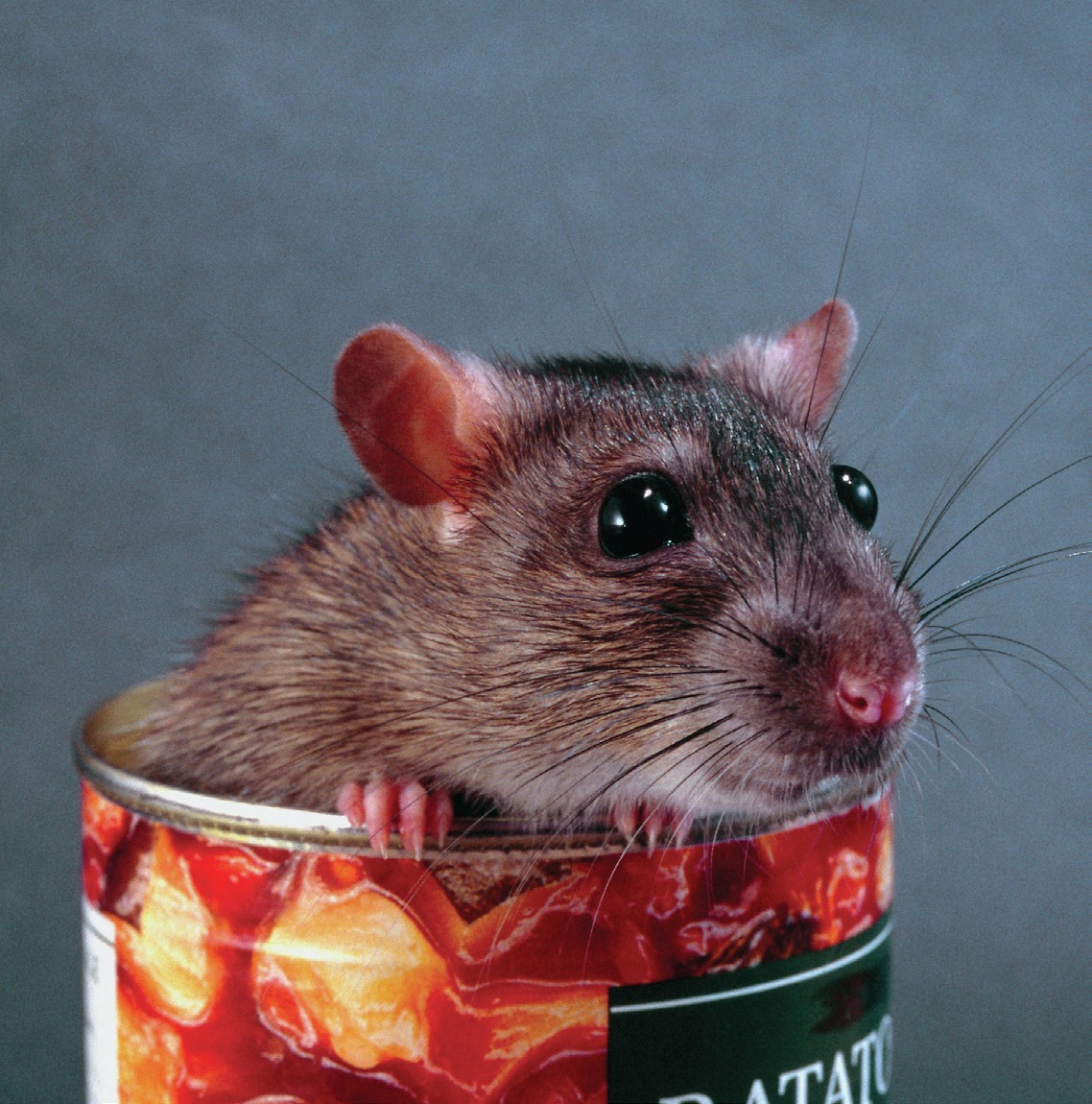
On p. 19 we began a series looking at the chemistry behind the pesticides used to protect crops as they grow. Chemistry also helps us control other pests such as rodents, which can decimate crops in storage. When food is plentiful, rodents such as rats and mice can breed rapidly to form enormous populations, sometimes of plague proportions. To control these pests a type of chemical called a rodenticide is needed.
Rats are cautious. They will eat a bit of something and wait, then if they don’t get sick, they continue. An effective rodenticide must be tasteless and odourless in lethal concentrations, and have a delayed effect. Anticoagulants (i.e. agents that prevent blood clotting) make good rat poisons, as the time it takes for the poison to induce death means that the rats do not associate the damage with their feeding habits.
Your organisation does not have access to this article.
Sign up today to give your students the edge they need to achieve their best grades with subject expertise
Subscribe




